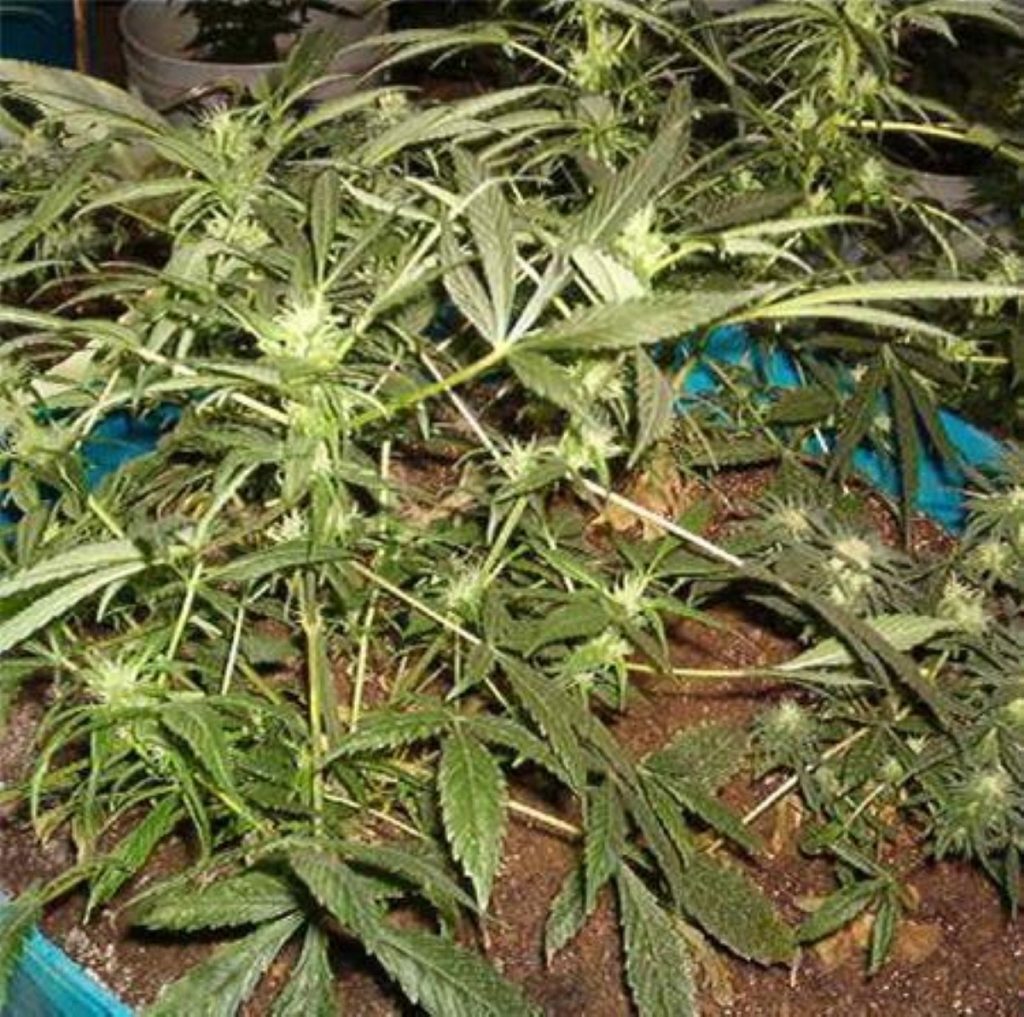Government U-turn on cannabis reclassification
Home secretary Jacqui Smith has announced to the House of Commons that cannabis is to be reclassified as a class B drug.
The announcement is a reversal of policy for the government, which downgraded the drug from class B to class C in January 2004.
It comes despite advice from the Advisory Council on the Misuse of Drugs (ACMD) that cannabis should remain class C after it carried out a review of the drug.
In a statement to MPs today Ms Smith said that skunk – a stronger form of cannabis – now made up of 80 per cent of the street cannabis seized, compared to just 30 per cent in 2002.


She also declared that the average age of first use is 13 years old and young people may ‘binge’ on the drug, an exercise which the ACMD claims “may be serious to their mental health”.
In July last year Ms Smith asked the ACMD to review the drug’s status.
In its report today the ACMD emphasised significant concerns about the health impacts of cannabis, saying the drug “can unquestionably cause harm to individuals and society”.
It called for the cannabis to remain as a class C drug but Ms Smith announced today that she was not willing to “wait and see” whilst risking the “future health of young people”.
The reclassification, which goes against many expert opinions, was “part of a relentless drive to tackle drugs and the harm they bring to families and communities”, Ms Smith said.
Conservative shadow home secretary David Davies seized on the opportunity to attack the government, describing today’s decision as a “long-awaited u-turn”.
Mr Davies said the decision by the Labour government to down grade the drug in 2004 highlighted its “historically lax approach to drugs”.
He claimed that the decision four years ago was an “utterly avoidable mistake” sending out the wrong message and “encouraging the public to believe it did not cause harm”.
Mr Davies added that he “hoped that the government now recognised that cannabis is a very serious drug”.
Prime minister Gordon Brown had previously expressed concern at the stronger forms of the drug becoming available and the negative health effects of smoking cannabis.
“Given the changing nature of the stock of cannabis that is coming into the country and greater damage that appears to be doing to people who use it, there is a stronger case for sending out a signal that cannabis is not only illegal but it is unacceptable,” Mr Brown said.
Police chiefs have supported reclassifying the drug to send a clear message that it is both illegal and dangerous, but health campaigners say the government’s emphasis should instead be on raising awareness of the health effects of smoking cannabis.
The mental health charity Rethink wants the government to commit to a widespread public education campaign and for rolling paper manufacturers to publish health warnings on their packaging.
The charity said that the proportion of young people using cannabis had actually fallen since its reclassification in 2004, from 25.3 per cent in 2003-04 to 2.9 per cent in 2006-07.









